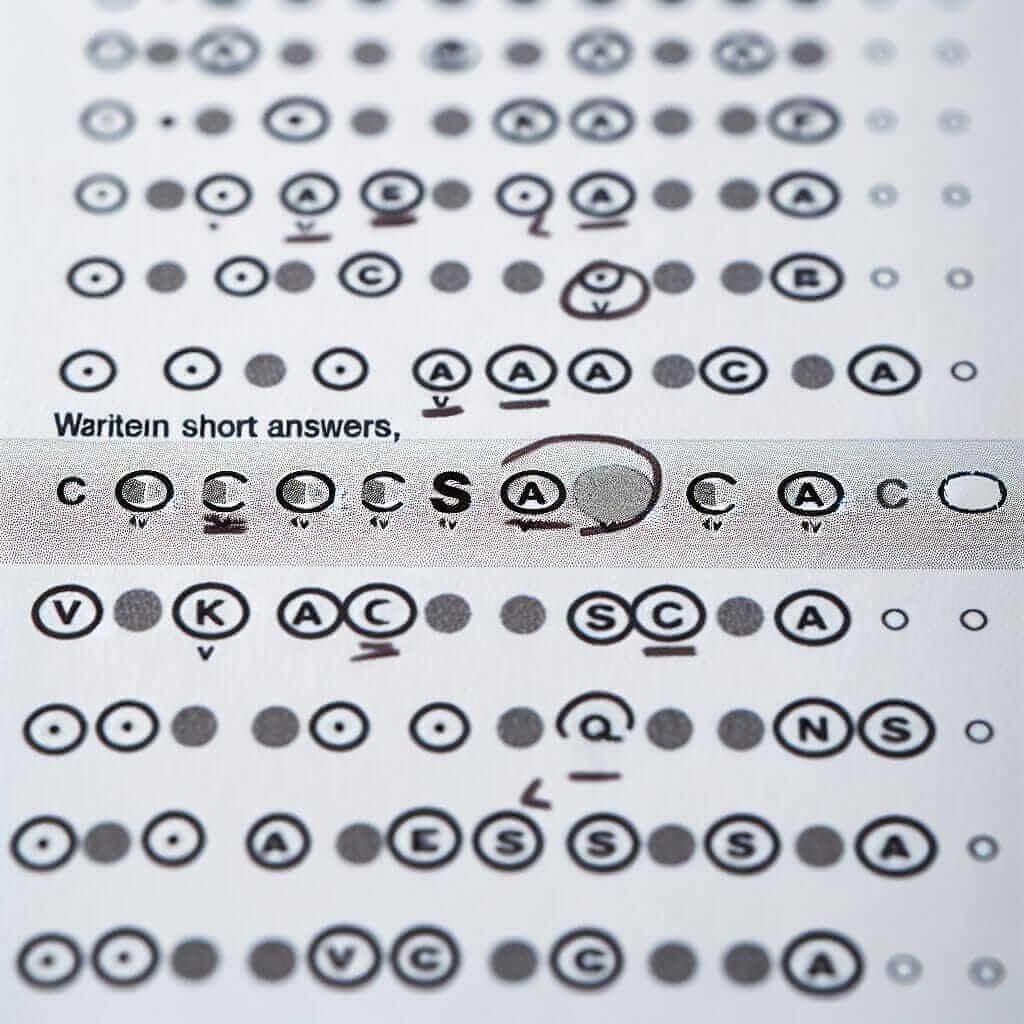As an IELTS instructor with over 20 years of experience, I often encounter students who worry about making small grammatical errors, like missing a plural “s”, in the IELTS Listening test. They’re concerned that such mistakes will significantly impact their scores. While accuracy is important, it’s crucial to understand how IELTS Listening is assessed and what truly matters for a high band score.
Understanding IELTS Listening Scoring
The IELTS Listening test evaluates your ability to understand spoken English in various contexts. While grammatical accuracy contributes to your overall score, it’s not the only factor. Examiners assess your performance based on several criteria:
- Comprehension: Your ability to understand the main ideas, specific information, and the speaker’s opinions or attitudes.
- Lexical Resource: Your range and accuracy of vocabulary use.
- Grammatical Range and Accuracy: Your ability to use a variety of grammatical structures correctly.
- Pronunciation: Your ability to be understood by native speakers.
Notice that grammatical accuracy is just one element within a broader assessment framework.
The Impact of Missing Plurals
So, is missing an “s” in your IELTS Listening answers a major problem? The answer is: it depends.
Minor Errors, Minor Impact
A single missed plural, especially if the rest of your answer demonstrates clear understanding and accurate grammar, is unlikely to significantly impact your score. Examiners recognize that even native speakers make minor slips occasionally.
Example:
- Recording: The researchers observed the behavior of birds…
- Your Answer: The researcher observed the behavior of bird…
In this case, while technically incorrect, your answer still demonstrates understanding of the key information.

When Mistakes Matter More
However, consistent grammatical errors, including frequent omission of plurals, can affect your score, especially if they:
- Obscure Meaning: If the missing “s” changes the meaning of your answer.
- Show a Lack of Control: If your writing contains multiple grammatical errors, indicating a lack of control over basic English grammar.
Example:
- Recording: The study explored different types of marketing strategies…
- Your Answer: The study explored different type of marketing strategy…
Here, the missing plurals make your answer grammatically incorrect and potentially change the intended meaning.
Tips to Avoid Plural Errors
While minor slips happen, it’s best to aim for accuracy. Here are some tips to help you avoid plural errors:
- Pay close attention to the audio: Listen carefully for plural forms and note them down accurately.
- Practice your listening skills: Regularly engage with English audio materials, focusing on identifying plural nouns.
- Review basic grammar rules: Brush up on the rules of plural formation in English.
- Double-check your answers: Before submitting your answers, take a moment to review for any careless errors, including missing plurals.
Focusing on Overall Listening Skills
Remember, while grammatical accuracy is important, it shouldn’t be your only focus. Concentrate on developing your overall listening comprehension skills, expanding your vocabulary, and practicing your ability to understand spoken English in various accents and contexts. By focusing on these key areas, you’ll be well-equipped to achieve a high score on the IELTS Listening test.